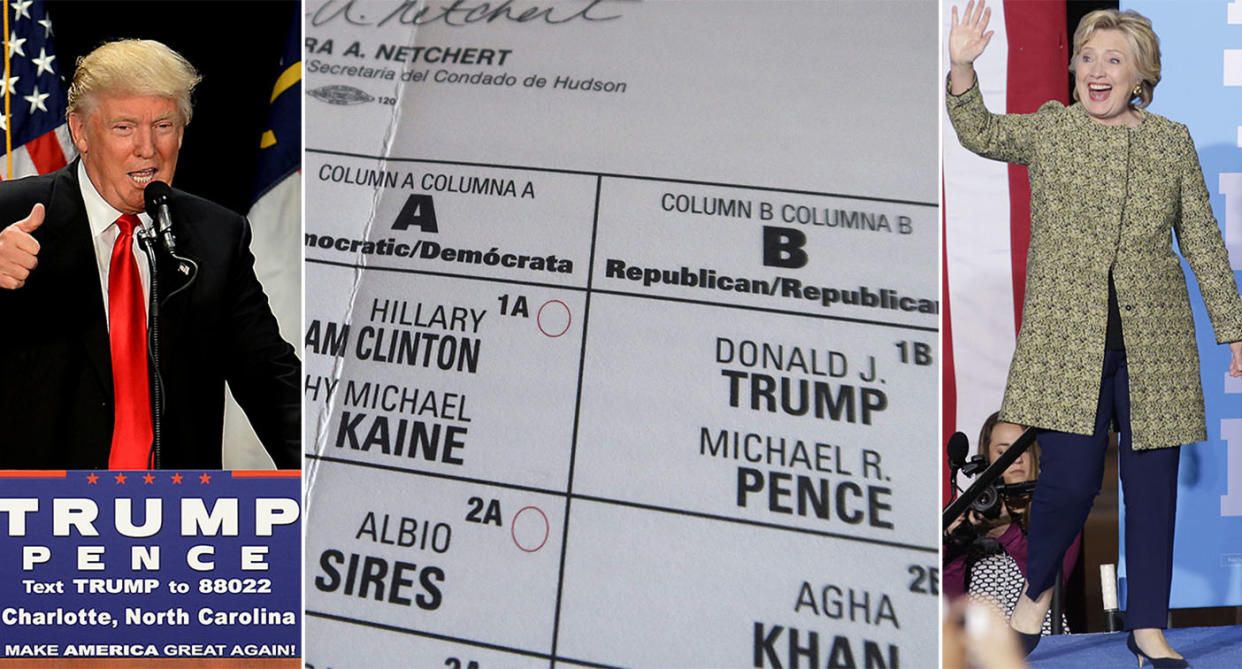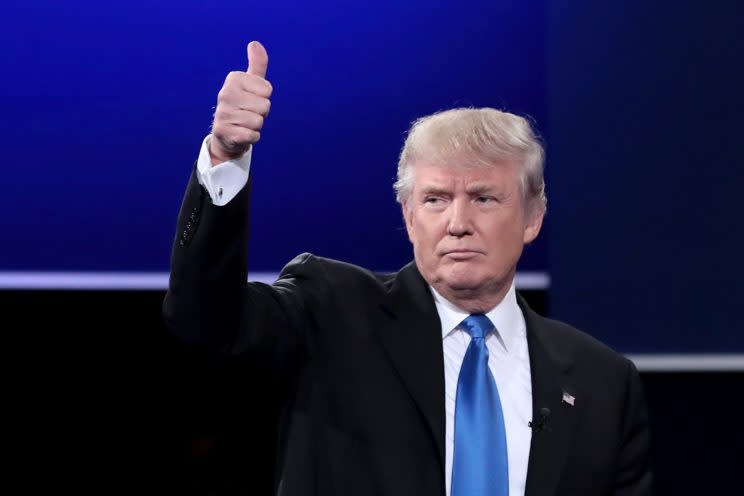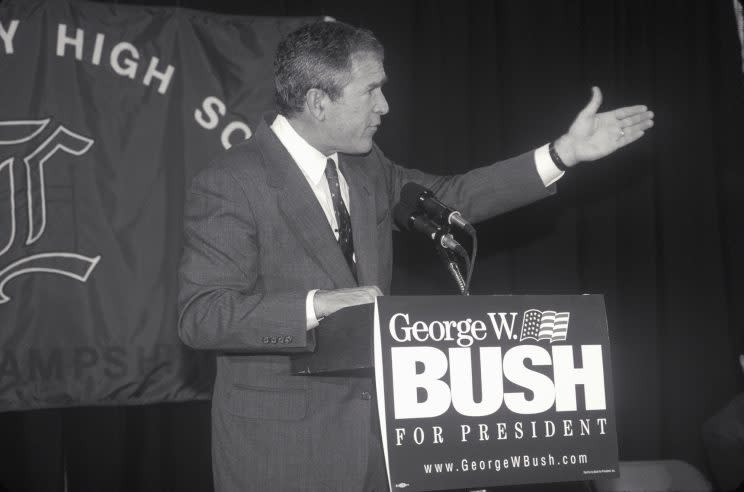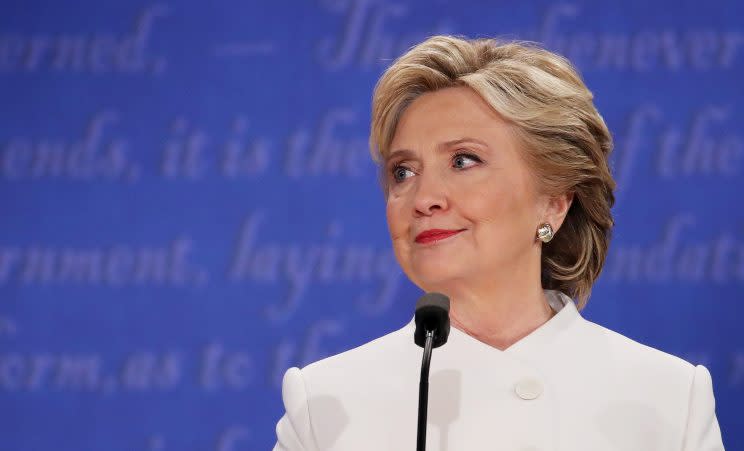US Presidential Election 2016: How does voting work and what is the electoral college?

You’d have to have been hiding under a rock not to know that the United States is about to choose its next President.
The Donald Trump vs Hillary Clinton battle is everywhere, grabbing headlines and capturing the world’s attention.
But how does the US Presidential election actually work?
Here are the answers to some of the things you might have been wondering…
How often does the US elect a new President?
Every four years on Election Day, which is the first Tuesday after the first Monday in November. The 2016 election is set for November 8.
But how does the vote actually work?
Voting’s actually already started, in what’s called ‘Early Voting’, when people can cast their vote ahead of the scheduled election day. During the election, Americans cast their vote for President. But that vote, known as the popular vote, doesn’t actually determine who wins.

If the voters don’t choose who wins, who does?
US presidential elections use the Electoral College. All 50 US states and Washington DC have a set number of “electors” in the Electoral College and that number is roughly proportionate to the size of each state. There are 538 electors – to win a majority and become president either candidate needs to get 270 electors, which is half the total plus one.
Who are these electors?
Electors are usually state officials or senior party figures, but aren’t usually named on the ballot. Some electors are pledged to one candidate, and some to another. In some states electors are required to vote for the candidate they’re pledged to, while in others they have a free vote yet still tend to vote for their pledged candidate. Very rarely, ‘faithless’ electors will vote against their state’s instruction.
So how many electors does each state get?
Not all states are equal – the number of electors is based on a state’s population so those with more people get more votes. For example, California – the largest state – gets 55 electors, while those with fewer populations like Wyoming get just three.
The number of electors each state gets is also equal to the number of seats a state has in the House of Representatives and the Senate.

What happens in each state then?
When Americans cast their votes, they’re technically voting for electors – not the candidates themselves. In nearly all states, except Maine and Nebraska, there is a ‘winner-takes-all’ system. That means the person who wins the most electors gets all of that state’s electoral votes. For example, the person who wins the most electors in California will get all of its 55 electoral votes.
What are ‘swing states’?
If you’ve got two candidates who are both in a race to get to 270 electors and each can win a whole state at a time, it means that every state counts.
With certain electors pledged to certain candidates, some states might be considered ‘safe’ by each party, but there are other states that could go either way. These are ‘swing’ states and are hotly-contested battlegrounds.

So can you win the popular vote but still lose the election?
Yes – since 1804 there have been four occasions when a president was elected who didn’t win the popular vote. The most recent was the 2000 election when Al Gore won 0.51% more of the vote than George W. Bush, yet the latter won the presidency because he won 271 electoral votes compared to Gore’s 266. On that occasion the vote was decided by Florida – one of the ‘swing states’.
This seems a bit unfair, why don’t they change the system?
Despite some calls for reform, the Electoral College system is respected because it usually reflects the popular vote. It also makes sure that smaller states’ rights are protected – a central element of the US constitution – and that a candidate has to get a spread of votes from across the country.


 Yahoo News
Yahoo News 


